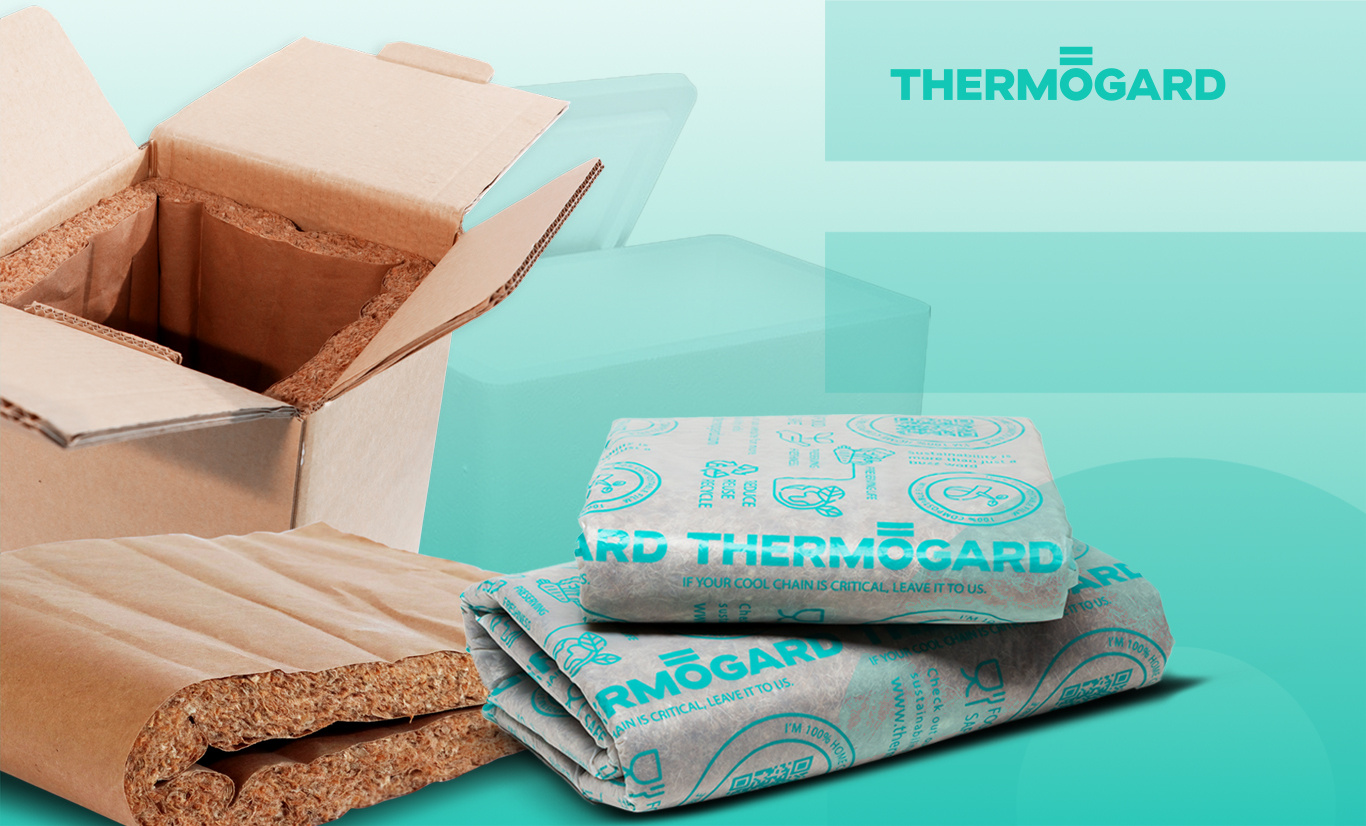The Polystyrene Phaseout - Making the Switch to Sustainability

Expanded Polystyrene (EPS), once the gold standard for cool chain packaging due to its high performance, versatility, and low cost, is now becoming a material of the past. With an increasing focus from all industries on their environmental impact, EPS is coming into the spotlight as being a key material to replace. Let’s take a look at why.
Environmental Impact
While EPS uses very little raw material (made from around 2% plastic solids and 98% air), and is very efficient to manufacture, due to the lack of infrastructure capable of processing used EPS, the disposal of EPS has, for a long time, been very problematic. In many cases, this has resulted in it being disposed of incorrectly with the material finding its way into water and waste streams causing harm to the environment, animals, and marine life.
If EPS does end up outside of controlled waste streams, it can remain in the environment for many generations, breaking down at an incredibly slow rate and potentially causing harmful micro-plastics. Due to its bulky structure, even when in controlled waste streams, it takes up a lot of space in landfill, making it a difficult product to dispose of the correct way.
Brand Reputation
In general, EPS is perceived poorly by the public, and in many cases, customers will avoid buying from companies that are using EPS in their packaging. Not only are they aware of the environmental impact of the material, due to its bulkiness it is very difficult for them to dispose of in domestic bins.
A survey by Nielsen found that 73% of global consumers are willing to change their consumption habits to reduce their environmental impact. To capitalize on this willing market, brands need to ensure their packaging aligns with the values of their target markets.
Regulation Compliance
Countries and regions are continuing to pose stricter bans on EPS with plans for complete removal in place in almost every country. Europe is leading the way for its phase out plans and The United States, Australia, and New Zealand are following their lead, with many of these restrictions having already coming into effect.
For more advice on the restrictions on EPS in your region, and how they impact you, speak with your local council.
Our Solution
We get it. When it comes to EPS replacements, there is no one-size-fits-all. This highly versatile material has been a key part of many packaging solutions for decades, meaning we need to take the approach of designing it out of each application.
The good news is, here at Thermogard we have a proven track record of helping our clients remove EPS from their packaging without compromising on performance.
If you want to learn about solutions that work, get in touch now.
Listen. Design. Deliver.
